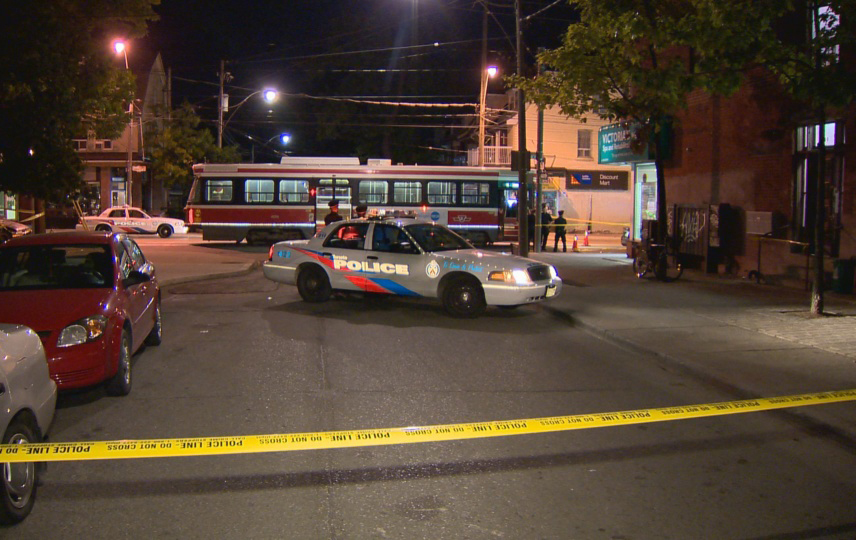TORONTO – The Ontario government should issue binding de-escalation directives to the province’s police on dealing with aggressive and emotionally distressed people, Ombudsman Andre Marin said Tuesday.

The Community Safety Ministry has the power to do so and it’s time for it to act, Marin said during a speech in Ottawa.
“Does it make any sense that a certain behaviour in Ottawa, in Toronto, in London, can lead to you being tasered, shot or de-escalated, depending on which city you’re in?” Marin said.
“Would it not make sense to have one, intelligent, uniform policy applied across the board?”
British Columbia issued provincewide guidelines on the use of force after the tasering death of Polish immigrant, Robert Dziekanski, at Vancouver’s airport in October 2007.
Giving police better conflict de-escalation tools would benefit both them and members of the public, Marin said.
The Special Investigations Unit, which investigates death or serious injury involving police, has made progress in recent years when it was “so steeped in police culture, that it wasn’t doing its job,” Marin said.
In the 1990s, the province did issue regulations around high-speed pursuits after a series of deadly incidents that resulted in a significant reduction in the problem.
It has not taken any similar steps since, Marin said.
“The government of Ontario has to decide will it continue to sit on the sidelines, or will it exercise its authority to issue those rules,” he said.
Following the police killing of Sammy Yatim, 19, on a streetcar in Toronto in July, Marin announced his office would investigate how police react in such situations.
He said his office has since received scores of complaints and submissions around police shootings.
Marin also announced the appointment of Sen. Vern White, a former Ottawa police chief and assistant RCMP commissioner, and Mike Boyd, former deputy and interim Toronto police chief, to act as advisers for the ombudsman’s investigation on police conflict de-escalation.
“We want to make sure that our recommendations are practical and reflect the reality of police work,” Marin said.
A spokesman for Community Safety Minister Madeleine Meilleur said they would co-operate with Marin’s investigation.
“We take de-escalation and use of force very seriously and we look forward to seeing what comes out of his work,” Craig MacBride said.

Comments